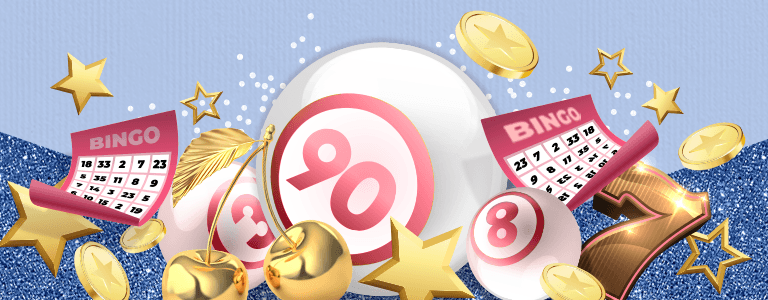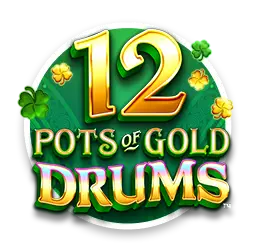888ladies is one of the most popular online bingo sites in the UK. We have proudly been serving online bingo players since 2008. As part of the prestigious Broadway Gaming Group and operated by Broadway Gaming Ireland DF Limited, you are in safe hands at all times. Play your choice of bingo games, slots online, instant games, and mega-money bingo games too.
We're pretty in pink, with plenty of games taking place around the clock. You can play on mobile, PC, or Mac – it's your call. Pre-buy your online bingo tickets, so you’re always ready for the big games. 888ladies has two dozen world-class bingo rooms available, and 700+ fabulous slot games. You can try your luck with 5-line bingo games, 52-5 ball bingo, 75 ball bingo, and the crowd-pleaser 90 ball bingo. We've got plenty of progressive jackpots too.
Our online bingo rooms showcase many entertaining selections like these and more:
- Mystery Jackpot (up to £500).
- Most Loyal Jackpots (£20).
- Top of the Shop (90-ball bingo).
- Bingo Deal (52-ball bingo).
Our engaging gaming platform features instant Slingo games, action-packed casino games, Megaways, and Drops & Wins. Register now on 888ladies – the UK’s favorite online bingo site. Come on over bingo fans!
How to register at 888ladies?
It’s easy to register at 888ladies:
- Click 'Join Now' to get started.
- Enter your First Name, Last Name, e-mail address and Date of Birth.
- Verify that you’re 18+ years old.
- Complete your 3-step registration.
It’s that simple. In no time at all, you’ll be ready to play bingo online or slots games. Get registered and play now!
How to play online bingo and win real money?
Playing online bingo and potentially winning real money is possible. Simply choose your favorite bingo game, buy your bingo cards, and wait for the numbers to be called. If you get a bingo, you win! Plus, our online bingo games offer big cash prizes and progressive jackpots.
Top bonuses & promotional offers
888ladies online bingo room is bubbling over with offers & bonuses:
- Welcome Offer: As a first depositor, make your deposit and get a 100% Welcome Bonus (up to £100). Simply deposit £10+ to get started and enjoy our selection of games.
- Daily Cashback.
- Ladies’ shop.
Online bingo games with progressive jackpots
Some of our online bingo games offer progressive jackpots that can grow to massive amounts! Join 888ladies today and start playing for your chance to win!
Online games for beginners
If you're a newbie to online bingo, we have the right thing for you! Check out our beginner-friendly bingo games that are perfect for those who are just starting out. Our easy-to-use interface, clear instructions, and helpful support team will make sure you have a great time playing.
Top online bingo sites for UK players
Looking for the top online bingo sites in the UK? Look no further than 888ladies! Our site offers a wide variety of bingo games, generous sign-up bonuses, and fast payouts. Plus, our friendly community of players is always ready to welcome new members.
Mobile devices friendly
Want to play bingo on the go? 888ladies has you covered! Our online bingo games are optimized for mobile devices, so you can play your favorite games anytime, anywhere. Whether you're using a smartphone or a tablet, you can enjoy the same great bingo experience on the go.
Chat rooms for socializing
At 888ladies, we know that online bingo is more than just a game - it's a community! That's why we offer chat rooms where you can socialize with other players while you play. Our friendly community of players is always ready to welcome new members, so join us today and start making new friends!
Features of the 888ladies website
Number of games on site
700+
License
Broadway Gaming Ireland DF Limited
Currency
Pound sterling, Euro
Withdrawal limits
Depends on the withdrawal policy
Payment options
Visa, Mastercard, Apple Pay, PayPal & More


























































